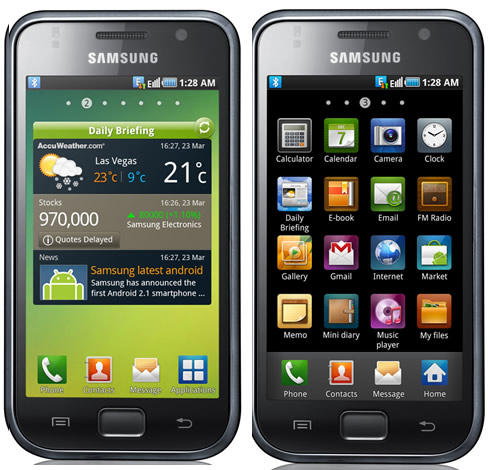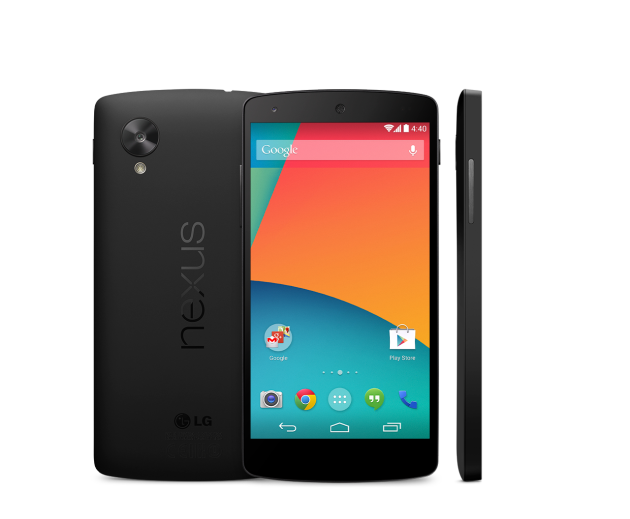Samsung crowns Android as the King of mobile
Samsung was relatively late to the Android party, letting HTC, Motorola and Sony Ericsson take the plaudits for the top Android phones while it cautiously dipped its toe into the Android world with a rather luke-warm Android phone in the shape of the Samsung I7500.
Now, though, all that has changed. Not only has Samsung’s latest and much more powerful Android phone, the Samsung Galaxy S, propelled the company to be the very front of the Android queue, it’s also become the platform from which Samsung has launched a whole new range of Android-based tablets designed to take on the iPad.
But for Samsung, this is only the beginning. Although it currently supports many different mobile OSes, only one has any real future.

Samsung’s multiple OS policy
Samsung has a curious policy when it comes to mobile OSes. It doesn’t just use Android as the mobile OS for its phones; it also uses Symbian, its own Bada mobile OS, and very shortly Microsoft’s Windows Phone 7.
Indeed, Samsung has been a vocal proponent of Microsoft’s latest mobile OS, has been a long-term supporter of (and contributor to) Symbian, and spent a shed-load of cash on its own mobile OS, the rather curious Bada.
Samsung’s policy has been one of safety in numbers. Faced with a bewlidering array of mobile OSes to choose from, it decided the best approach was to use them all, and build its own mobile OS just in case, and then focus firmly on one particular OS when a clear winner emerged.
That time is now, and the winner is Android.
Why Android won
Samsung loves Android. The Samsung Galaxy S is an extremely impressive phone that’s selling in huge numbers. The Android-based Galaxy Tab is also receiving rave reviews, and it’s the flexibility of Android that has apparently won the company over.
At the IFA consumer electronics show this week, Samsung’s head of marketing for its mobile division, YH Lee, said that “we are prioritizing our Android platform…Android is very open and flexible, and there is a consumer demand for it.”
Why Windows Phone 7 and Symbian lost
Lee went on to say that Windows Phone 7 “…still [has] some professional, specialized demand,” meaning it’s only destined for niche markets within the enterprise, while the company is “…not seeing visible demand for Symbian.”
This is a huge set back for Microsoft. Samsung was one of the company’s biggest advocates, but now it sees Windows Phone 7 as simply a niche player.
To be fair, this is kind of inevitable. Android has such a lead over Windows Phone 7, both in terms of phones shipped and in apps created, it’s difficult to see why anyone would bother focusing on Microsoft’s new OS, particularly when it doesn’t do anything different from what the very popular Android phones do already.
As for Symbian, it’s days are clearly numbered. Only Samsung and Sony Ericsson supported Symbian outside of Nokia, and now Samsung is pretty much saying it’s done with the platform.
With Sony Ericsson enjoying success with Android as well with its Xperia range of phones, that just leaves Nokia, which, fortunately, has moved on to its new MeeGo mobile OS for its next-gen flagship smartphones, which is showing real promise.
So Symbian can afford to die, as it won’t affect any individual company too much. Windows Phone 7 however, is a different matter.
I have a feeling that in years to come, books will be written about the downfall of Microsoft, and how it all began with the day they lost the smartphone war.
[Source: Engadget Mobile]








